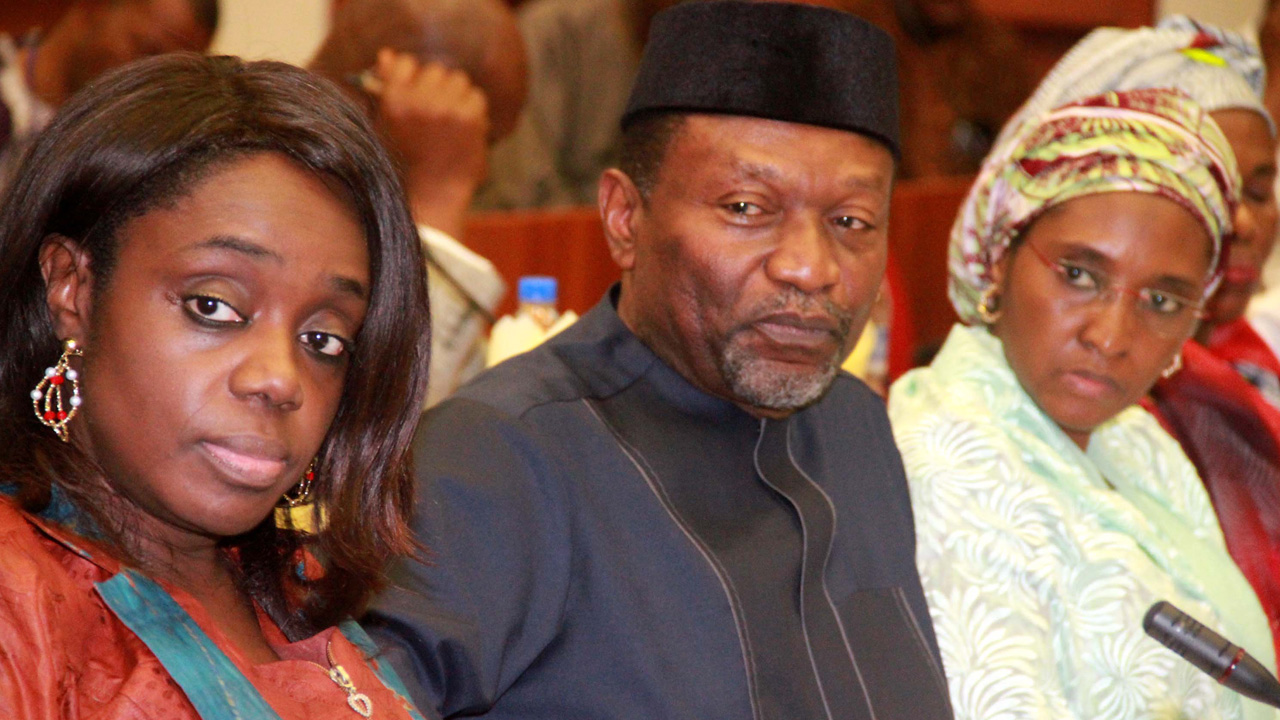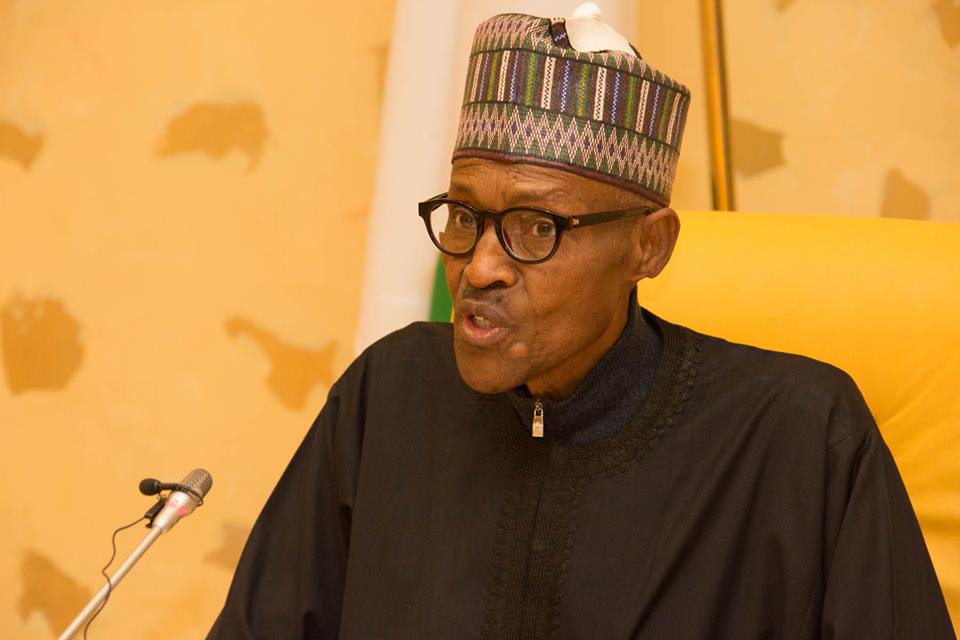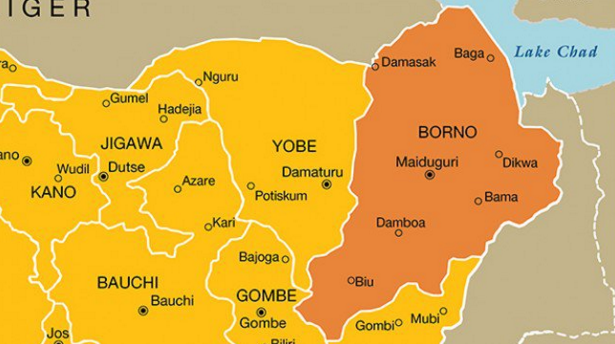The just released Economic Recovery and Growth Plan (ERGP 2017-2020) seems to suggest that the country is unaware that global energy politics has changed forever.
The introductory paragraph of this document says that it differs from other plans because there is now ‘’more than ever before’’ a political will to make sure a plan of this nature works. Really? Well, this is not most contentious clause in the document.
The document claims that oil revenue will be used to ‘’develop and diversify the economy’’. This wish by the framers of this plan is debatable: A 2.5 million barrel per day oil output cannot sustain the consumptive lifestyle of 180 million people, who depend on it for its entire forex earning, not to speak of being enough to fund infrastructural development, which would spur growth in other sectors. This has been the problem with the country: almost all the nation’s earnings from oil is spent on recurrent expenditure. Investments in capital projects have always been with borrowed funds.
But the plan overlooks this major issue: the short-term price of oil – which the plan seems to be banking on — is highly unpredictable.
Advertisement
There is ample evidence that the price of oil could go south in the coming months. Even with the cut in production by OPEC, oil inventories, last week, showed that there were still significant supply in the market. US production rose to over 9.09 million barrel per day (compare this to Nigeria’s 2 million barrel per day) and there is evidence that this production will continue to rise in the coming months. Oversupply of oil would definitely result in its price coming down.
But that’s just one of the plan’s major threat. Current events show that Electric Vehicles would disrupt the oil market in a decade. Since a vast portion of crude oil – over 51 percent in some cases – becomes gasoline, a fall in the demand of gasoline would cause the price of crude oil to fall. And this should worry every well-meaning Nigerian.
A research just published by Imperial College London and Carbon Trackers project that by 2025 about 2 million barrels a day of oil demand would be displaced by Electric Vehicles (EVs). The report compares this loss of market share to a similar loss of share in the US coal mining industry that wiped off over $100 billion from the industry.
Advertisement
Imperial College’s report was mild, when compared to British Petroleum’s report. BP says 5 million barrels per day would be wiped off by Electric Vehicles (EVs) in the next 20 years. By 2050, 25 million barrels a day of oil demand would be displaced, another report says
This erosion of demand would certainly cause a catastrophic drop in oil prices. When this happens, the resulting political and economic tensions in countries that rely on oil would be hard to contain. And sadly, such fall in oil price which could start before 2020, would mean that the ERGP 2017 – 2020 would not be worth the paper it was written on.
Currently, the price of EVs has come down. Reason: battery storage and charging technology have improved, tremendously. And by 2020 – the year Nigeria’s plan is looking at – the cost of EVs will be at parity with conventional internal combustion vehicles. This implies that more people will be using it.
Little wonder, Shell is changing its structure from an oil company to a gas company. Shell’s former CFO, Simon Henry, says that the global oil demand would peak in 5 years. This is certainly as a result of the changing technology in EVs.
Advertisement
Looking at the possible destabilization that would be caused by shale oil and EVs, it would be apt to suggest that Nigeria adopts the Norwegian model – where oil revenue is not used for consumption but mainly for capital expenditure and investments. It is only the massive Investment of oil revenue – which is now very unstable — on capital projects that can save this country. Spending it as if there is no tomorrow is not the way to go.
Furthermore, the ERGP 2017-2020 seems to have ‘overlooked’ another threat to revenues from oil assets. For instance, the plan relies on selling off some of the nation’s oil assets. Sadly, the current dynamics in the energy industry would affect the price of these assets.
Saudi Arabia’s oil assets just had that kind of reality check. The kingdom wants to sell off some its assets in Aramco, the state’s energy giant. Surprisingly, the kingdom’s current valuation of Aramco has been challenged. (Saudi Arabia valued Aramco at $2 trillion.) Wood Mackenzie Ltd says Aramco is not worth more than $400 billion, factoring in projected cash flows. Other major consultancy firms gave similar valuations. One hopes Nigeria doesn’t get this kind of shocker.
Salvaging this country would require a fundamental restructuring. No economic reform would work without reorienting our rentier mindset – which is also breeding corruption. Such restructuring would have to encourage states and local governments – even those in the oil producing regions– to start looking away from oil to fund their recurrent expenditure in order to avoid the shocker that might soon come from an over-dependence on oil.
Advertisement
It would require strong political will to achieve this restructuring. To succeed as a nation, Nigeria needs statesmen and not politicians – who are afraid of restructuring and are interested in the short-term lucre from oil — as it were. Based on this, it is difficult to fault Professor Charles Soludo’s submission that Nigeria needs statesmen and not just populist politicians.
Advertisement
2 comments








Nigeria should be strong in everything’s and beware of iran
And
Great thoughts! This is food for thought for our current crop of leaders. Osinbajo should read this again and again and advise our Finance & Budget Ministers & Advisers to rework our economic recovery plan with these realities in mind. “A stitch in time saves nine”